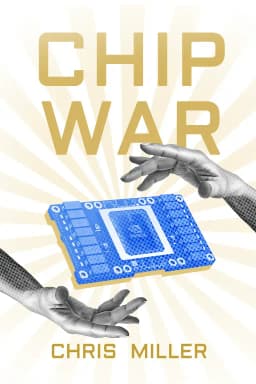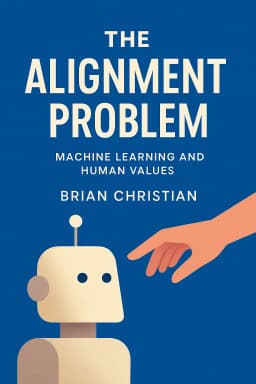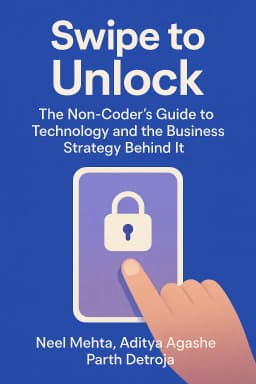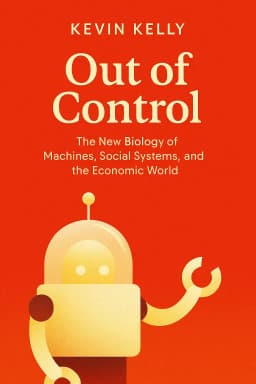
Digital Assets, Real Value: Deconstructing the Next Internet's Economy
Golden Hook & Introduction
SECTION
George Li: That's a powerful way to put it, Roland. That 'bicycle for the mind' idea was about empowerment and freedom. But today, it feels like you can only ride the bicycle inside a company-owned park, and they take a cut of your ticket. It's a far cry from the original vision. I'm really excited to dig into Dixon's take on the economics behind that shift.
George Li: The landlord model, as I've started to think of it.
Deep Dive into Core Topic 1: The 'Attract-Extract' Cycle
SECTION
George Li: They're building the neighborhood. They want everyone to move in, set up shop, make it a vibrant place to be. The initial terms are fantastic.
George Li: Oh, I remember the endless notifications. It was everywhere.
George Li: So the landlord realized one of the tenants was getting a little too popular.
George Li: That's a textbook example of platform risk, Roland. As a business analyst, if I see a company whose entire revenue model is dependent on a single, third-party platform they don't control, that's a massive red flag. It's like you're building a skyscraper on rented land. The landlord can change the terms of the lease or even evict you at any moment.
George Li: And those take rates are astronomical. Dixon's point about Apple's 30% App Store fee is a perfect example. It’s essentially a tax on innovation. Can you imagine a government trying to impose a 30% tax on every new business idea? There would be outrage. But in the digital world, it's become standard practice for these gatekeepers.
George Li: It's fundamentally unsustainable. It stifles innovation because why would a venture capitalist or an entrepreneur invest millions to build on a platform that might just copy or kill their business once it's successful? It creates a chilling effect.
Deep Dive into Core Topic 2: The 'Read-Write-Own' Solution
SECTION
George Li: Right, the 'casino' as he calls it. The headlines are always about the price of Bitcoin or some new memecoin. It's easy to dismiss the whole thing.
George Li: So it's about creating a system with different rules. Rules that can't be changed on a whim by a CEO.
George Li: That's an order of magnitude difference. From a financial standpoint, that's incredibly disruptive.
George Li: Wow. Okay, this is the most disruptive idea in the book from a finance perspective. You're moving from a traditional corporate equity model, where ownership is held by founders and VCs, to a community ownership model. The Uniswap airdrop is like if Uber, at its IPO, had given 60% of its shares to its early drivers and riders. The entire incentive structure is flipped.
George Li: Well, in the old model, the goal is to extract as much value as possible from users for the benefit of shareholders. In this new model, you're giving value and ownership to the users to incentivize them to grow the network. It creates a powerful flywheel. As an owner, I'm now motivated to use the platform, promote it, and contribute to its governance. How do you even build a valuation model for that? It's not a simple price-to-earnings ratio. It's more like valuing a city based on the future economic activity of its citizens.
George Li: It shifts the power dynamic completely. It’s not about trusting a corporation's goodwill anymore. It's about verifying the code. For a business analyst, that's a much more solid foundation to build on. You're replacing trust with mathematical certainty.
Synthesis & Takeaways
SECTION
George Li: It's a powerful vision. It feels like it gets back to the spirit of Jobs' 'bicycle for the mind'—a tool that empowers the individual, not just the platform.
George Li: For me, the biggest takeaway is to look past the 'casino' aspect of crypto that we see in the news. As Dixon argues, the real revolution is in the 'computer'—the new economic and governance models being built. For anyone in finance or business, the question to ask about a new project isn't just 'What's the token price?' but 'What's the economic model? Who owns the network, and who benefits from its growth?' That's the real alpha. It's about analyzing the underlying system, not just speculating on the asset.
George Li: My pleasure, Roland. It's a book that really makes you think about the future we're building.









